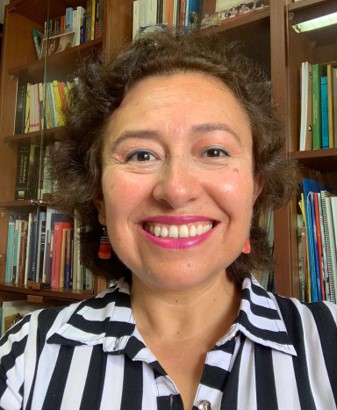Raquel is a renowned human rights advocate and founding member of the International Institute for Law and Society-IIDS. She has 25 years of experience in Asia and Latin America. Her focus has been on access to justice, legal pluralism, rights of indigenous peoples, Afro-descendants, and women. She has worked for the Episcopal Commission of Social Action of Peru and the United Nations. She is a lawyer by training, with a Masters and PhD from the University of Barcelona. She is currently a professor at the Pontifical Catholic University of Peru.
What do you think are the current challenges in the cooperation sector?
Support the struggles of indigenous peoples, from a decolonizing approach, for complete respect of their legal systems, with their authorities, law and jurisdiction, without subordination, not reducing them to a «minor justice», for small cases among indigenous people, as proposed by the majority of the Development Community.
Contribute to the defense of the integrity of the habitat of indigenous peoples, including their waters and forests, against extractive megaprojects, and think of viable alternatives to the energy matrix and not just palliatives to climate change.
Support initiatives for standards and public policies agreed upon by peoples’ organizations, based on the Peoples’ Agenda and not on the agenda of the Development Community.
We must uphold strategic litigation for the enforcement of the collective rights of indigenous peoples; which implies: a strategy to strengthen the collective subject so that it goes from being a victim to being a rights holder; a legal strategy based on the highest international standards; a strategy of political advocacy and alliances; a strategy of communication and dissemination; a security strategy and contingency plans. This is usually long and costly, and the development community often seeks only immediate results.
How do you consider they should be faced?
With the effective participation of indigenous and Afro-descendant peoples’ organizations and human rights organizations. From a decolonizing and depatriarchalizing approach. From an egalitarian legal pluralism approach. Taking the highest standards of human rights of the peoples as the base level. From a praxis-reflection approach.



